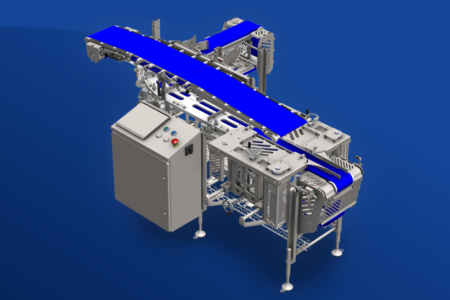Tighter traceability urged in light of contaminated chicken scare

InfinityQS is calling on retailers to look beyond their own organisations and take greater control across their supply chains when it comes to food traceability, in light of recent findings that one in four chicken samples bought from major UK supermarket chains contain E coli.
The study, carried out by the University of Cambridge, revealed that from 92 chicken pieces including the whole chickens, thigh pieces, drumsticks and diced breast meat from some of the UK’s leading supermarkets, 22 pieces contained potentially deadly bacteria – raising concerns about the quality of factory farming in the UK.
InfinityQS suggests that while the supermarkets themselves might argue that their quality assurances are sound, the findings suggest this is not the case and action is needed to address this.
“An effective supply chain process will ensure that controls are in place to manage the necessary people, activities, resources and data that are needed to move a product from the very early concept stages right to the shop floor. If done correctly, that product will be delivered with the correct documents, with an agreed quantity, adhering to a set quality standard and all sent at the right time to the right place,” it says.
“In the case of the research from the University of Cambridge it’s clear that a disconnect exists across these supermarkets’ supply chains. It’s likely they’ll have stringent procedures in place for their own food traceability but it’s imperative these are adhered to among their suppliers. In practice, this might be no longer accepting word of mouth assurances on the quality of produce and taking a much more front footed approach to visiting first hand the sites they procure their food from – to meet the farmers and their staff, and to see how produce is handled, stored and processed.
“It’s also imperative they work directly with the farmers to review their traceability processes. By having the ability to trace problems across the supply chain, the supermarkets will be able to work with them to identify exactly where improvements must be made in order to provide the best product possible.”



